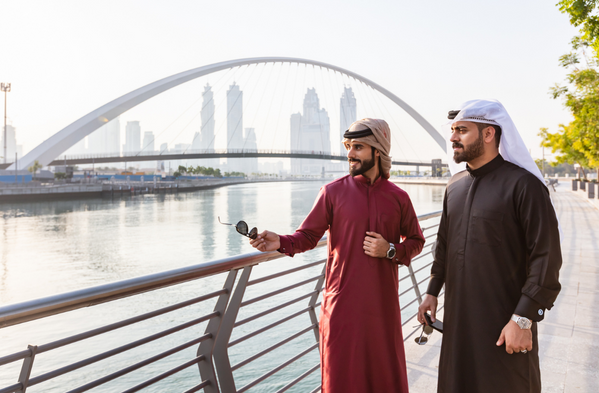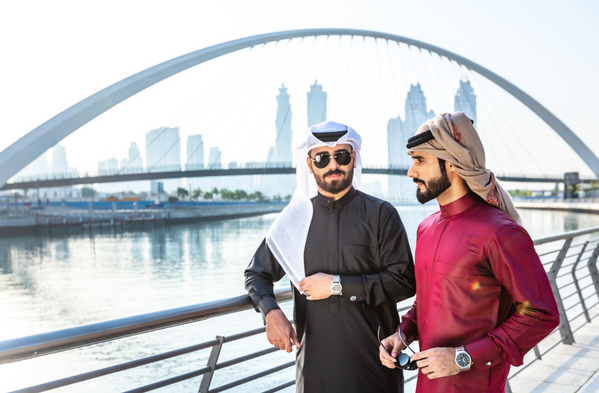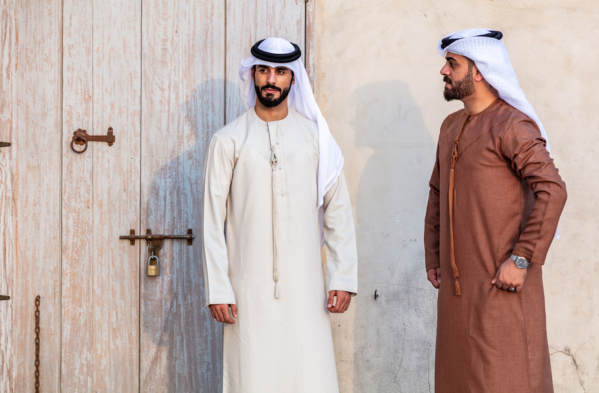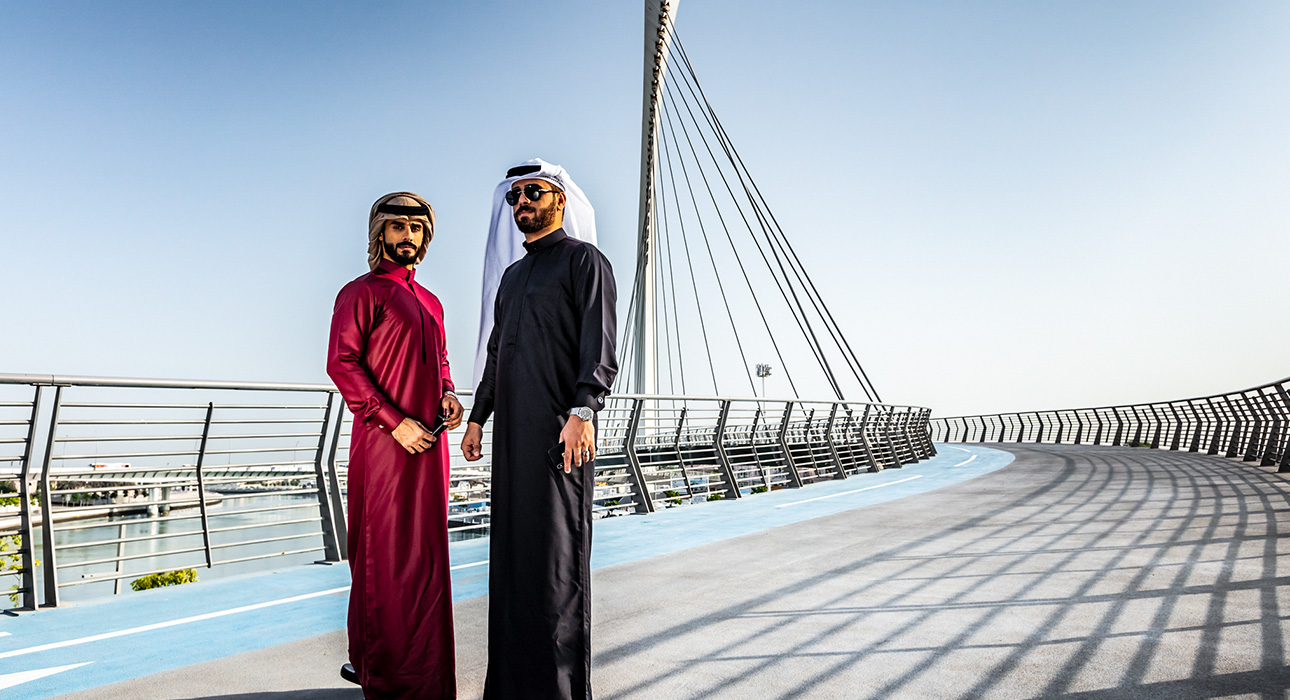









Textile Export from Dubai - Dubai has emerged as a major player in the global textile industry, with its strategic location, world-class infrastructure, and advanced technology. The emirate's textile exports have grown significantly in recent years, driven by increasing demand from international markets for high-quality fabrics and textiles. Textile in dubai is diversified, with a wide range of products including clothing, fabrics, home textiles, and technical textiles. Below we share all genuine information on Textile Export from Dubai.
The emirate's textile sector is supported by a comprehensive value chain, comprising raw material suppliers, manufacturers, designers, wholesalers, and exporters, making it a one-stop shop for textile buyers from around the world. With its strong logistics network, efficient supply chain, and favorable business environment, Dubai has become a preferred destination for textile importers and exporters alike.
The dubai textile industry is a significant contributor to the emirate's economy, with a growing number of businesses involved in the production and export of textiles. According to the Dubai Chamber of Commerce and Industry, the UAE's textile and clothing sector is expected to reach $56 billion by 2025, driven by growing demand for luxury clothing, technical textiles, and sustainable fabrics. In 2019, Dubai's textile and clothing exports amounted to $7.6 billion, with the majority of these exports going to countries such as Saudi Arabia, Oman, and Iraq.
The emirate's textile industry is supported by a robust supply chain, with raw materials imported from countries such as India, China, and Pakistan. The Dubai Textile City, located in the Al Awir Free Zone, is a dedicated hub for textile manufacturing and trade, providing businesses with a range of facilities and services. The textile industry in Dubai is also increasingly focused on sustainability, with companies adopting eco-friendly manufacturing processes and using sustainable materials.
Dubai's textile exports are diversified, with a wide range of products catering to different markets worldwide. The primary markets for Dubai's textile exports include the Middle East, North Africa, and South Asia. Saudi Arabia is the largest market for Dubai's textile exports, accounting for nearly 20% of the total exports in 2019, followed by Oman and Iraq. Other significant markets for Dubai's textile exports include India, Pakistan, Bangladesh, and the United States.

Here are some key points regarding textile export regulations in Dubai:
Advantages of Textile Export from Dubai:
Dubai has a significant potential for textile export due to its strategic location, efficient infrastructure, and favorable business environment. The country is home to a vibrant textile industry that produces a diverse range of products, including clothing, fabrics, and accessories, among others.
Dubai's textile exports have been growing steadily over the years, driven by the increasing demand from emerging markets in Asia, Africa, and the Middle East. The government of Dubai has implemented various initiatives to promote textile exports, including trade missions, exhibitions, and investment incentives.










 Request
a Callback !
Request
a Callback !